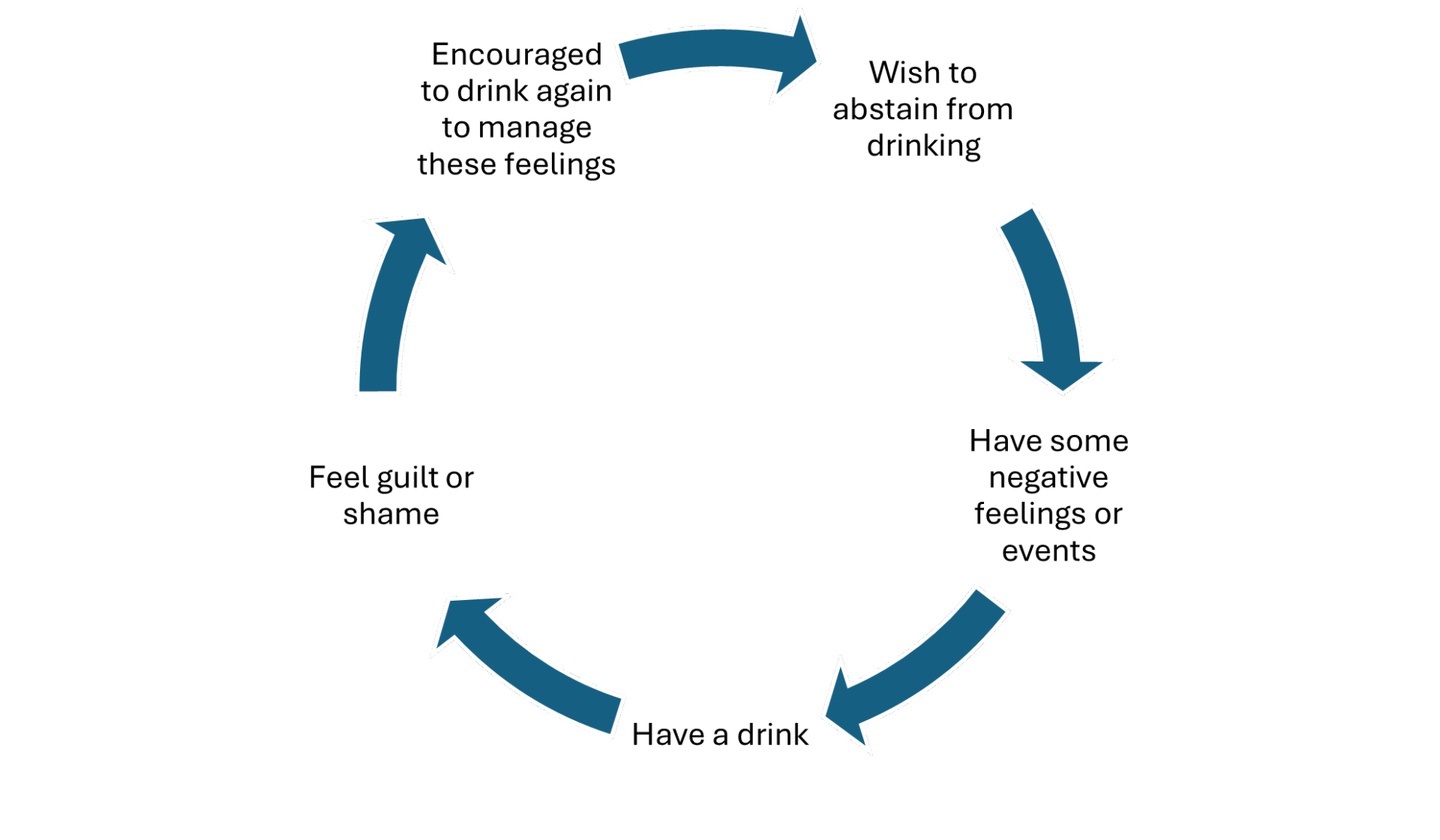We know about Dry Jan, FebFast, this month’s Dry July, and Sober October! Whether it’s to raise money or awareness, these months can be a catalyst for long-term changes in your drinking, but that might not be the case for every person. Here we consider what some of the benefits could be of abstaining from alcohol for a month as well as what some of the pitfalls might be of abstinence challenges.
There is no doubt that taking an honest look at your alcohol intake is a great exercise for your own wellbeing. Whether it feels like you drink too often, too much, or you just feel that you have lost touch with the stop button on your alcohol usage, having a goal or plan to tackle this is enormously beneficial.
However … we know that going cold turkey for a whole month can be a real challenge for some!
Firstly, let’s be clear about the obvious psychological and health benefits of reducing or stopping your alcohol intake altogether. When people can stick to a whole month or more, they often report health benefits like higher energy, better concentration (less of that foggy feeling), positive changes to body weight/ composition, improved sleep quality and better overall health (skin, liver, blood pressure etc). People who participate in dry months also report that they have been able to save money, think about their relationship with alcohol (triggers, habits and beliefs about drinking) and even developed strategies to say no in social situations. And many people enjoy waking up feeling rested and not dusty!
Completing an alcohol-free month is a great achievement for many and while some of the health benefits can continue after the month is over, for some people completing a month would be out of the question. We know that in some cases stopping alcohol suddenly can create some health risks (especially if you drink every day), so it can be worth checking in with your GP before starting an abstinence month.
There can also be a pendulum type effect where you reward a month without alcohol with a binge session or go right back to drinking the same levels very quickly afterwards. This type of feast or famine approach to drinking can likened to dieting where a particular food group is considered ‘bad’ and avoided but, when given the opportunity, can lead to overconsumption. When we have this pattern of abstain and then overuse, we can feel like we have failed in some way. This can fuel negative self beliefs, depression or anxiety and shame around our ongoing alcohol usage which, as you might imagine, can contribute to a negative alcohol cycle. This might play out like this:

In some cases, a month off alcohol is a fantastic way to reset and can in fact lead to better relationship with alcohol in the long run. But, if this is not the case for you, that is okay. You don’t need to participate in a month-long abstinence challenge to get benefits. You might decide instead to keep an alcohol diary for a few weeks and honestly track your intake, you might talk to loved ones about reducing intake slowly over time, or you might engage with a health professional who can help in considering your alcohol use in general. The abstinence challenges, while not for everyone can be the catalyst for considering and perhaps changing your relationship with alcohol in the long term.
If you want more information we recommend heading to:
Clean Slate Clinic: Clean Slate Clinic | successfully detox from alcohol at home
Lifeline Alcohol and other drug hotline: National Alcohol & Other Drug Hotline
Kim Harrison
Senior Psychologist, Clinical Content Creator and Facilitator
Fortem Australia
Kim is a clinical psychology registrar with a background in Organisational Psychology and experience working with police members. She is passionate about mental health literacy and aims to translate up-to-date psychological research into easily understood information.
